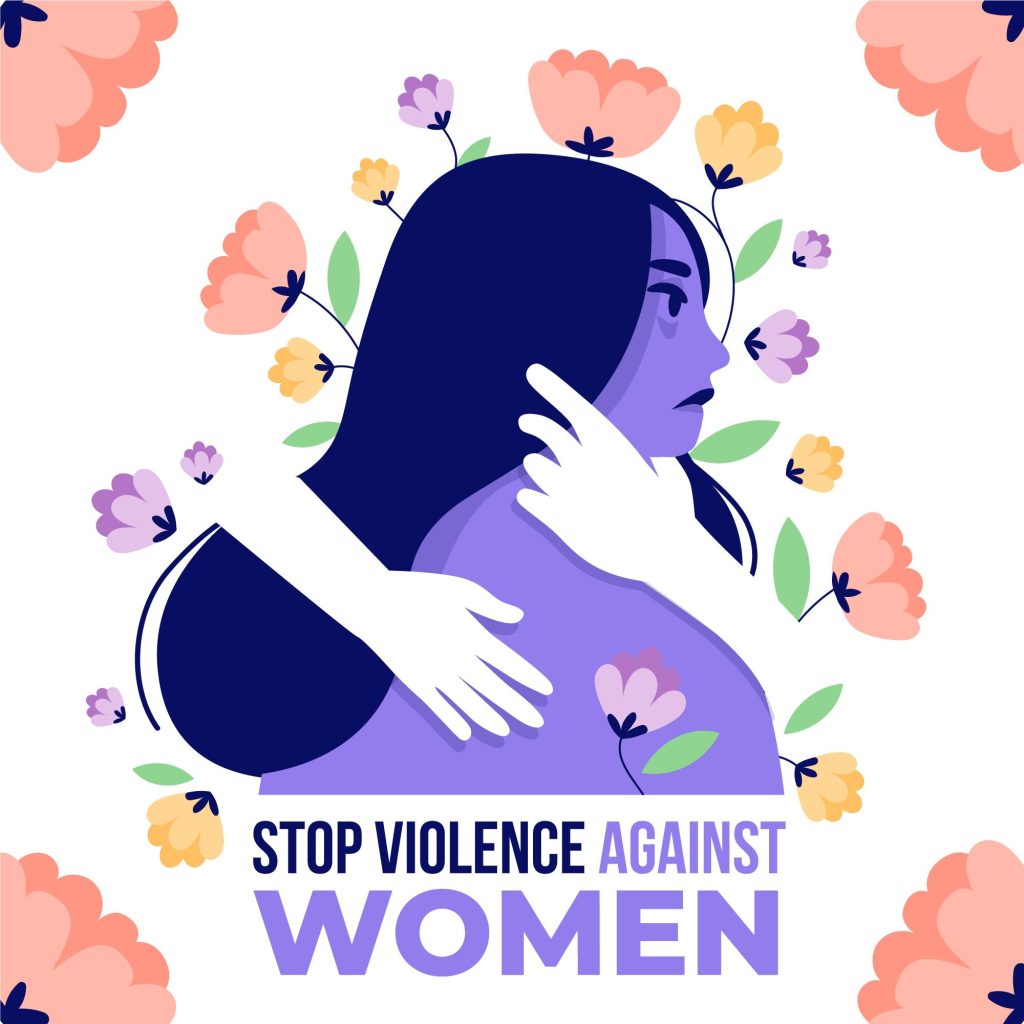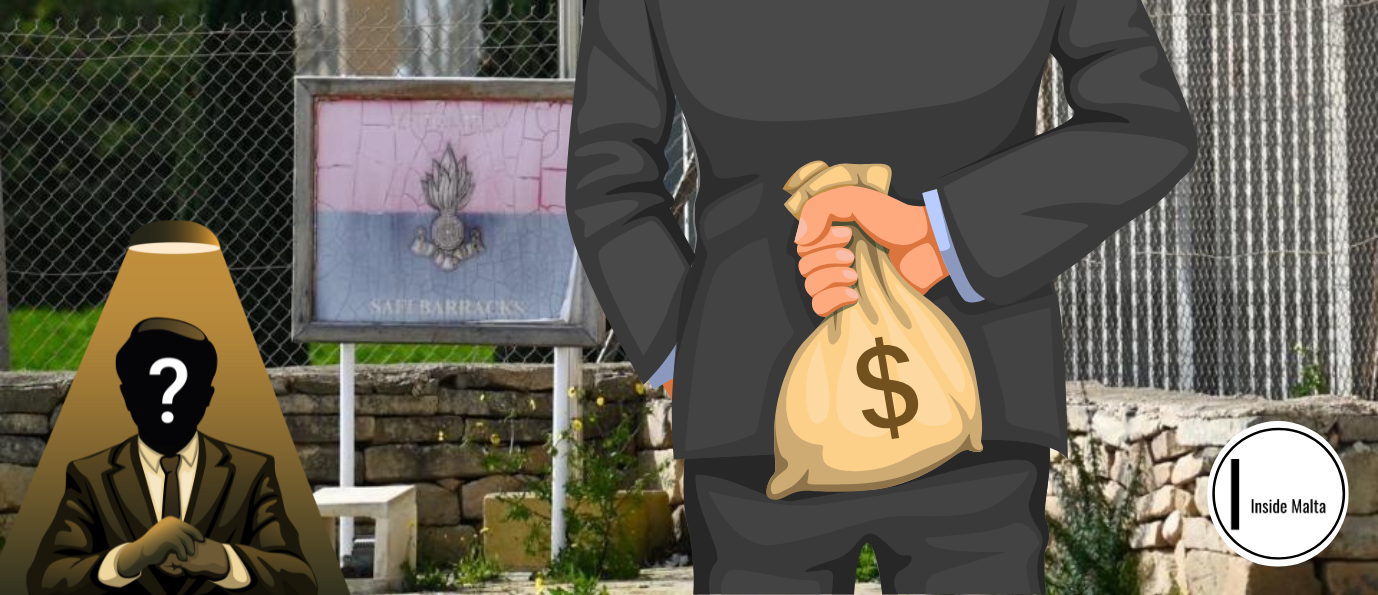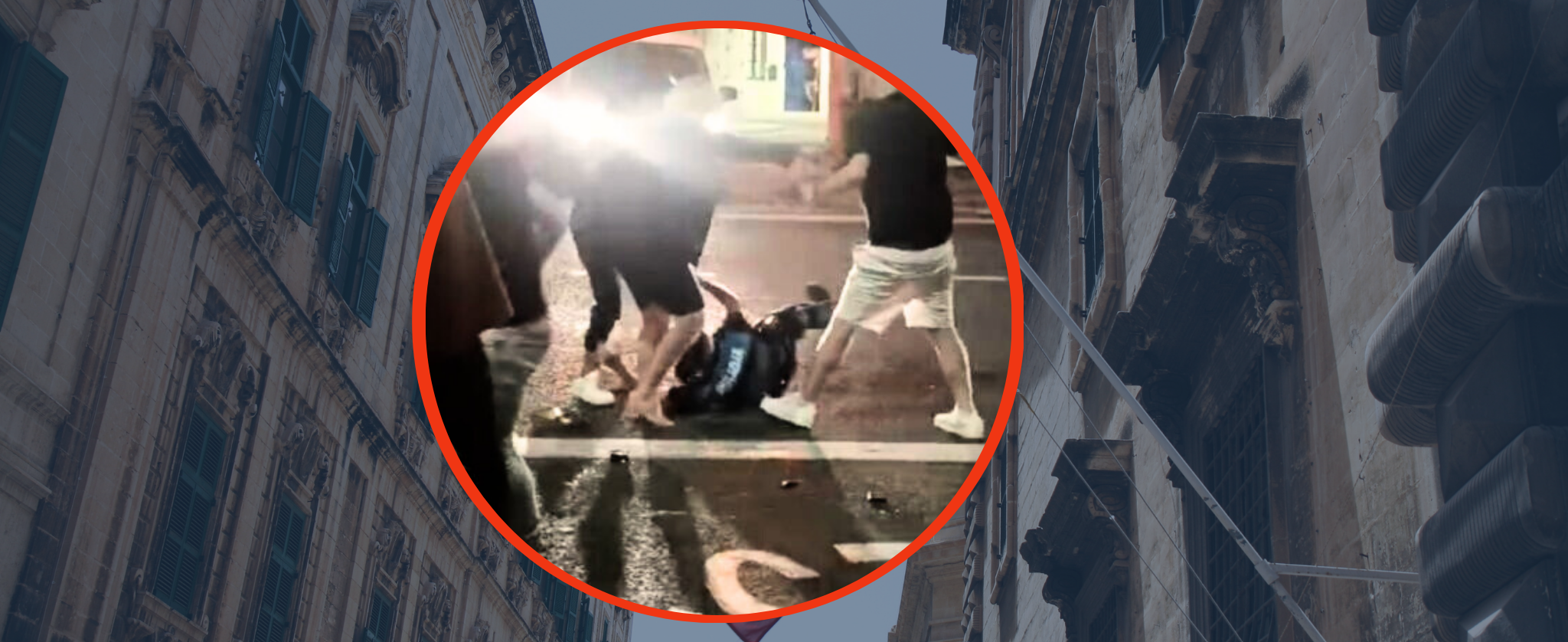This week, Malta was shocked by another brutal murder of a woman by her husband. A series of tragic murders have been occurring for several years now. The authorities are trying to address this issue, but in reality, changes are only taking place legally. The victims have turned to the police several times but have not been protected. What’s happening? Is there no justice and protection for women in Malta?
Bernice Cassar’s murder
Bernice Cassar, mother-of-two, shot dead in Corradino. The incident happened shortly after 8 am on the road behind the Mcast Campus, where she was driving her car. Bernice made multiple reports to the authorities alleging domestic violence.
A week before her murder Cassar told police that her husband had breached a court order designed to protect her from the man who allegedly once held a knife to her throat. One report she made around a day before the shooting.
After the incident, Home Affairs Minister Byron Camilleri said, “If there were failures, we want to know who was responsible and what needs to be done to fix this.” This sounds like a ridiculous excuse for not acknowledging the judicial system’s complete failure.
History of femicide in Malta
Over the past few years, femicide in Malta has actively increased in numbers. As a result, the number of domestic violence cases, which lead to terrible consequences, has increased.
In 2015 Malta’s chief pathologist reported and highlighted that, in the preceding five years, 25% of all homicide victims had been ‘victims of femicide by a partner or ex-partner.’
However, Malta has included femicide in the Criminal Code only after Paulina Dembska’s murder. In addition, the definition of femicide has also been expanded to “domestic violence, honor killings, misogynistic intentions, as well as religious practices such as genital mutilation and sexual abuse.”
But still, in fact, women almost have no legal protection in our country.
The current process of domestic violence reports
On November 30, 2020, Home Minister Byron Camilleri and commissioner Angelo Gafà announced that they were centralizing the processing of domestic violence reports.
This made it far more difficult for victims to access, on time, the authorities who could hear and protect them. Victims who wish to file a report at a police station are told to go back home, where the violence against them would have been committed again.
When they go to police headquarters, they find hours-long queues. When they suffer new violence, they find it impossible to file a new report.
Instead of keeping its promise to better handle reports of domestic violence, the government created new hurdles that scared victims away.
What conclusion can be here?
We have a lot of questions the authorities don’t answer. Shouldn’t these cases get priority as soon as the victim walks into the police station while the perpetrator is on the loose? Why does there have to be a second report when the system should have protected the victim after the first report? What kind of protection is given with a protection order? There is a dysfunctional process that allows the perpetrator to continue to persecute the victim until the end. Malta has become unsafe, insecure, and depressing for women.















